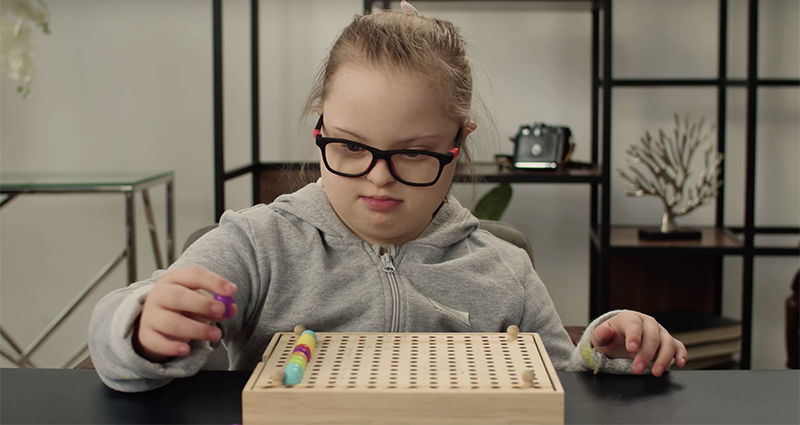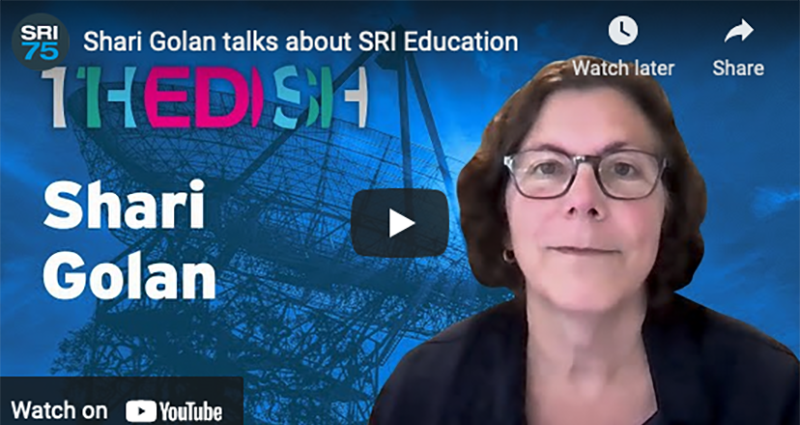In this Knowledge Alliance (KA) blog post, KA’s summer intern, Julianna Collado, met with Michelle Woodbridge and Nancy Perez from SRI International to discuss their work identifying and implementing better mental health support for educators. Please read the full blog post on the Knowledge Alliance’s site.
The imperatives facing public education right now—given all the issues laid bare by the pandemic and centuries of barriers systemically rooted in racism and White supremacy—require complex equity-and relationally driven partnership approaches.
Successful early learning transitions for children, with and without disabilities, require collaboration and discussion. Families, current providers or teachers, and new providers or teachers all come together to plan the support children need to move to the next stage of their learning and development.
This month, we highlight SRI Education’s participation in recent, current, and upcoming conferences. We’re excited to share our work on topics ranging from artificial intelligence and STEM and computer science research to promoting students’ well-being and successful transitions and improving outcomes for students with disabilities.
SRI Education develops and evaluates the effectiveness of programs and tools that leverage artificial intelligence (AI) to improve learning experiences and outcomes for PreK–16 students. These innovations are not intended to replace adults, but rather to strengthen the connections between children, adults, and learning content. Below, we highlight a range of projects underway.
The Inclusion in California Early Learning and Care study released a Data Snapshot Summarizing key findings on children ages 3 through 5 years with disabilities in subsidized care in California. The data are from the Child Development Management Information System (CDMIS) from 2015 to 2019.
SRI Education researchers investigate schoolwide, classroom, group-based, and individualized programs from preK through post-secondary that support children and educators who experience trauma and promote the use of evidence-based and effective strategies through dissemination and technical assistance.
Shari Golan is the President of SRI Education in Menlo Park, CA. Join us as she explains how SRI Education works to reduce barriers, optimize outcomes, and ensure educational equity for all children, youth, and families by conducting high-quality research and evaluation of education programs and interventions, supporting use of data and evidence through training, technical assistance, and dissemination, and developing tools that improve teaching and accelerate and deepen learning.
SRI and CCRC are partnering with Achieving the Dream, a national leader in championing evidence-based institutional improvement with a network of more than 300 colleges, and nine broad-access colleges to conduct research on how educational technology and instructional strategies can bolster students’ skills for managing their own learning.














